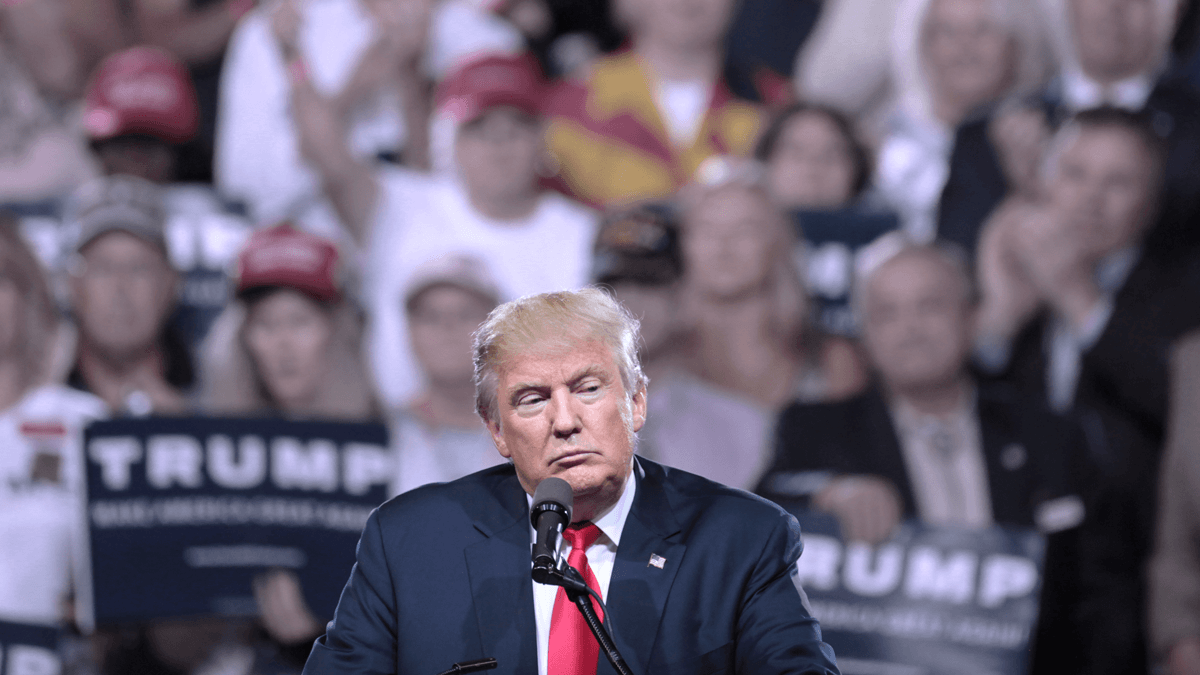As any serious national security expert will tell you, trying to find a potential terrorist by treating all immigrants or Muslims as security risks is far too vague to be effective. Accurate intelligence and effective information-sharing across agencies is the key to national security—not profiling. Yet in a bombastic August 15 speech, Republican presidential nominee Donald Trump offered up blatantly bigoted and utterly pointless proposals on national security including ideas like instituting an “ideological screening test” and “extreme vetting” to determine which would-be immigrants to the United States (especially Muslims) harbor “any hostile attitude towards our country or its principles.”
Leaving aside Trump’s nativist histrionics, it would be a serious mistake to embrace policies that conflate immigration enforcement and counter-terrorism efforts, implying that immigration enforcement is a way to catch terrorists. In reality, immigration enforcement is not designed to catch terrorists; it is meant to catch people who violate immigration laws. Immigration-enforcement mechanisms might snare a terrorist if supplied with specific intelligence gleaned from counter-terrorist operations, but immigration enforcement by itself is very unlikely to stumble upon and actually identify a terrorist. Without the right information in the right hands, even the most efficiently constructed immigration-enforcement and border-control mechanisms are not going to catch a terrorist.
This is precisely why the 9/11 Commission did not recommend that we adopt ethnic or religious profiling to help prevent another terrorist attack in the United States. Identifying threats actually depends on the development of “actionable intelligence” which identifies a specific threat, and then sharing that information with immigration and border-enforcement personnel. This approach is a little more subtle than profiling millions of people, which actually undermines intelligence gathering by alienating ethnic and religious communities and the countries from which they come. A group of people who feel themselves to be under government attack is not likely to share information with (and report tips to) the same government which is attacking them. Nor are the governments of their home countries as likely to partner with the United States in counter-terrorism operations.
In evaluating the typically outlandish ideas thrown around by Trump, we should never forget that, shortly after 9/11, the federal government created the National Security Entry-Exit Registration System (NSEERS). Under NSEERS, 83,000 men from Muslim and Arab countries stepped forward and registered with the federal government, resulting in 13,000 deportations. However, no one who registered under NSEERS was ever charged with a crime related to terrorism. The “special registration” requirement ended in December 2003, while NSEERS as a whole was scrapped in April 2011. What Trump is proposing is NSEERS on a massive scale.
It is important to keep in mind that “security” is about more than just keeping out those who would threaten our national security. It is also about creating and maintaining a vibrant economy and dynamic society that attract people from around the world. It is about establishing our global credibility as a society in which the rule of law and fundamental human rights are highly valued and respected. And it is about not undermining U.S. relationships with the allies needed to effectively combat international terrorists. If we move too far away from these goals, building a locked-down nation in which fear runs rampant and productivity and creativity are starved, then what exactly are we attempting to “secure”?
Photo by Gage Skidmore.
FILED UNDER: Donald Trump, Election 2016, featured


